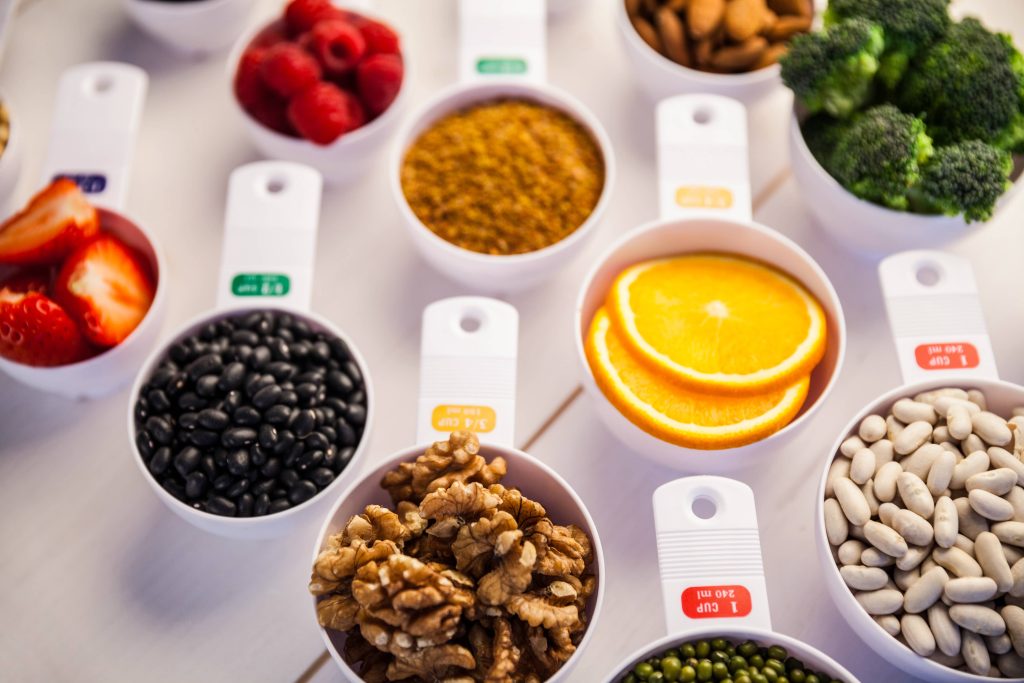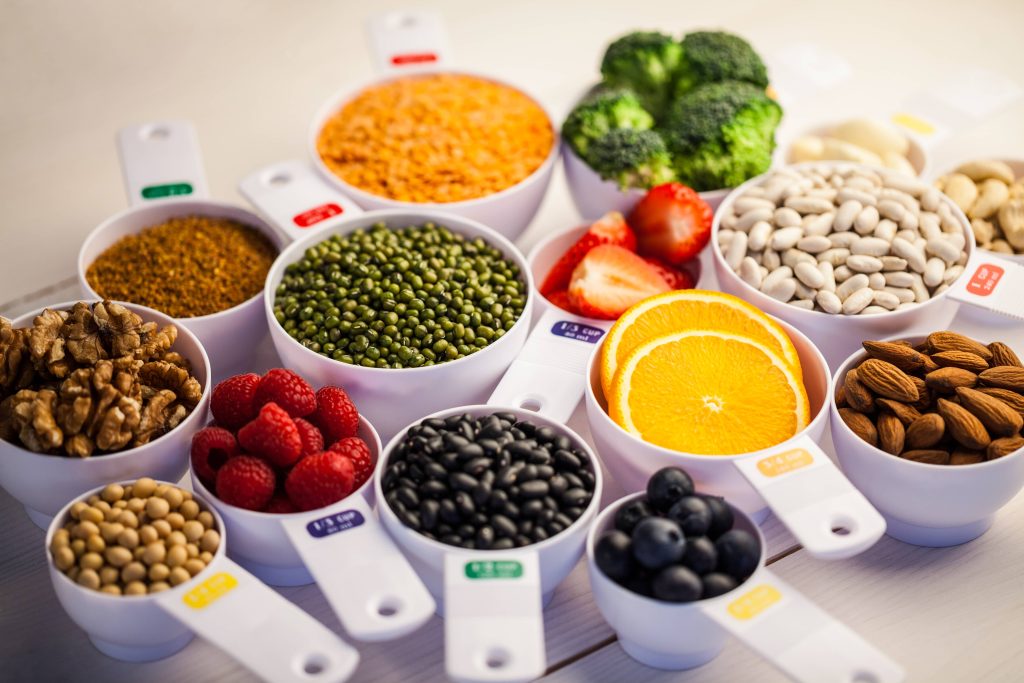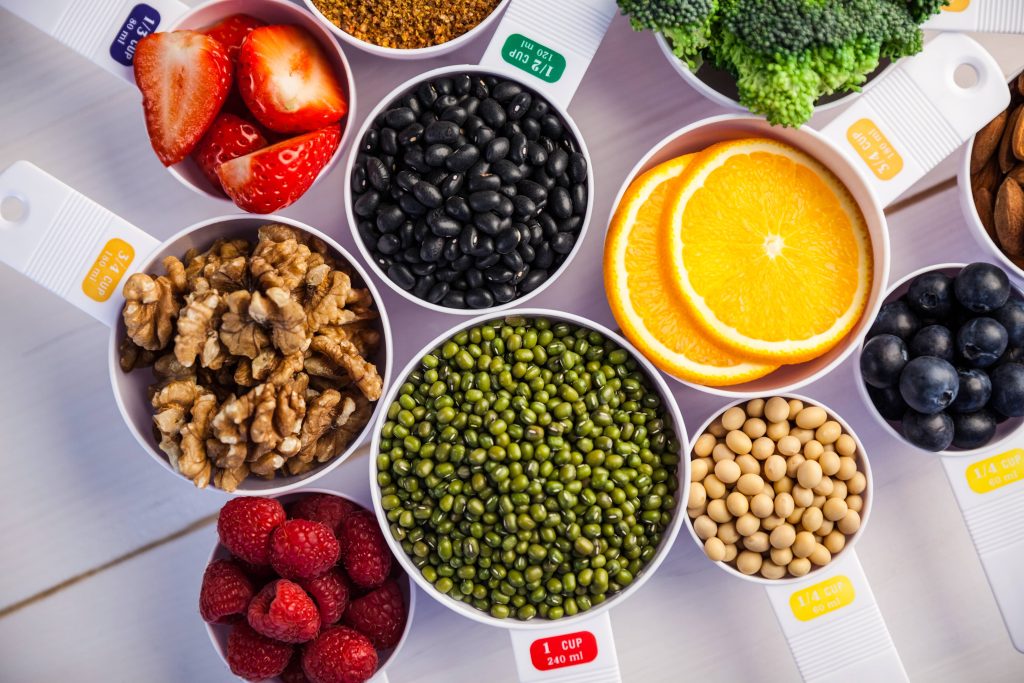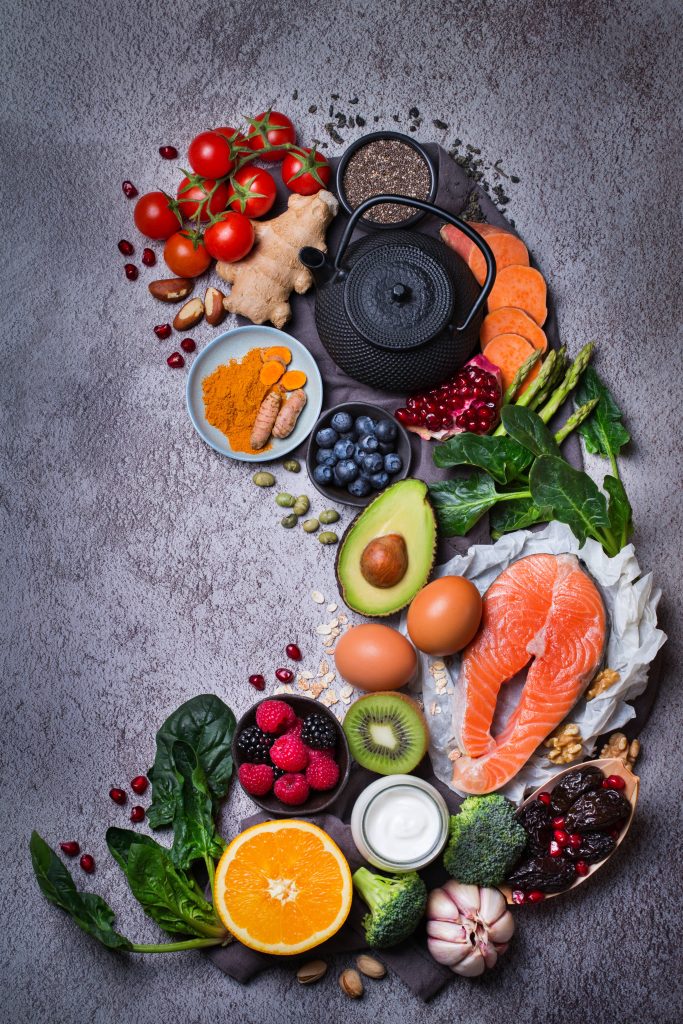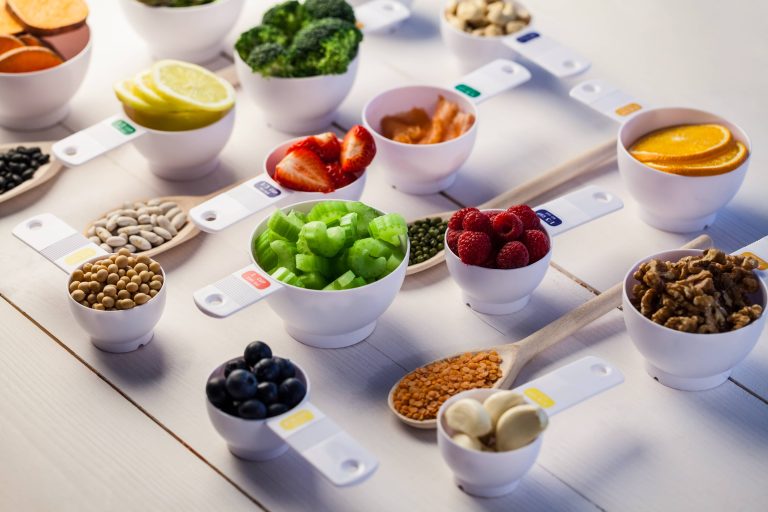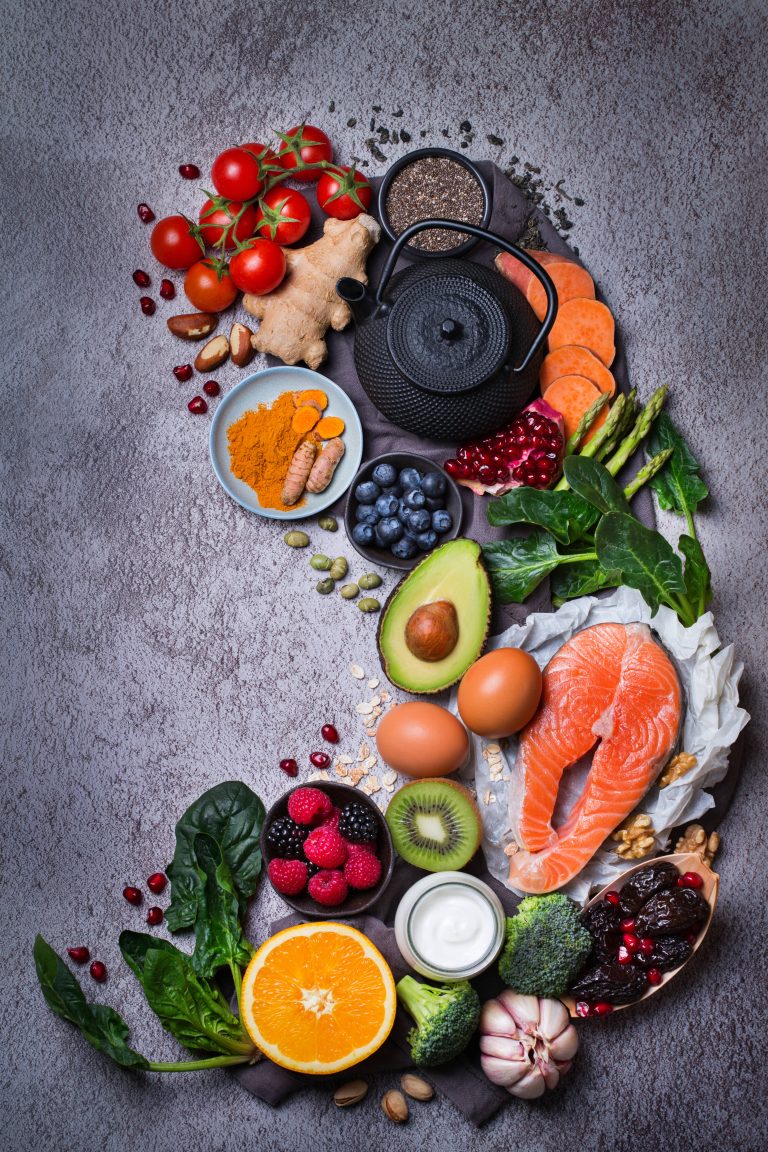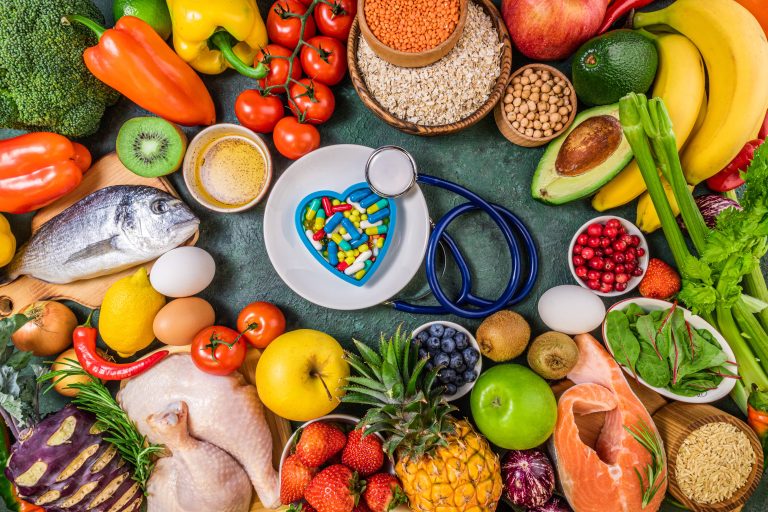
In the quest for optimal health and well-being, one of the most overlooked yet vital components is hydration. While diet and exercise often take center stage in discussions about health, the role of water and proper hydration is equally crucial. Water is not just a thirst quencher; it is a fundamental element that supports every function in the body. From aiding digestion to regulating body temperature, hydration is the unsung hero of a healthy lifestyle. In this blog post, we will explore the profound impact of hydration on your diet and overall well-being, and how you can harness its power to enhance your health.
The Science of Hydration
Water makes up about 60% of the human body, underscoring its importance in maintaining physiological balance. Every cell, tissue, and organ requires water to function correctly. It acts as a lubricant for joints, a shock absorber for the brain and spinal cord, and a medium for transporting nutrients and waste products. Without adequate hydration, these processes can become inefficient, leading to a range of health issues.
The Role of Water in Digestion
One of the primary roles of water in the body is to aid digestion. It helps break down food so that nutrients can be absorbed more efficiently. Saliva, which is essential for starting the digestive process, is primarily composed of water. Moreover, water is crucial for the production of digestive juices and the smooth passage of food through the intestines. Inadequate hydration can lead to digestive problems such as constipation and bloating, which can impede nutrient absorption and overall health.
Hydration and Metabolism
Water is a key player in metabolic processes. It is involved in the breakdown of fats and carbohydrates, which are essential for energy production. Proper hydration can boost metabolism, helping the body burn calories more efficiently. Studies have shown that drinking water can increase the number of calories burned at rest, known as resting energy expenditure. This effect is particularly pronounced when the water is cold, as the body expends energy to heat it to body temperature.
Hydration and Weight Management
For those looking to manage their weight, hydration can be a powerful ally. Drinking water before meals can promote a feeling of fullness, reducing overall calorie intake. This simple habit can be an effective strategy for weight loss and maintenance. Additionally, replacing sugary drinks with water can significantly decrease calorie consumption, aiding in weight management.
The Impact of Dehydration
Dehydration occurs when the body loses more water than it takes in, leading to a deficiency that can have serious consequences. Even mild dehydration can cause symptoms such as fatigue, headaches, and difficulty concentrating. Chronic dehydration can lead to more severe health issues, including kidney stones, urinary tract infections, and impaired cognitive function.
Hydration and Physical Performance
For athletes and fitness enthusiasts, hydration is critical for optimal performance. Water regulates body temperature and lubricates joints, allowing for more efficient movement and reduced risk of injury. During exercise, the body loses water through sweat, and failing to replenish these losses can lead to decreased performance and increased fatigue. Staying hydrated before, during, and after exercise is essential for maintaining endurance and strength.
Tips for Staying Hydrated
1. Drink Regularly: Make it a habit to drink water throughout the day, not just when you feel thirsty. Thirst is a late indicator of dehydration, so it’s important to stay ahead of it.
2. Monitor Your Intake: Keep track of how much water you consume daily. A general guideline is to drink at least eight 8-ounce glasses of water a day, but individual needs may vary based on factors such as activity level and climate.
3. Eat Water-Rich Foods: Incorporate fruits and vegetables with high water content into your diet. Cucumbers, watermelon, and oranges are excellent choices that contribute to your daily hydration needs.
4. Limit Diuretics: Be mindful of beverages that can dehydrate you, such as coffee and alcohol. If you consume these, balance them with additional water intake.
5. Listen to Your Body: Pay attention to signs of dehydration, such as dark urine, dry skin, and fatigue. Adjust your water intake accordingly to maintain optimal hydration.
Conclusion
Hydration is a cornerstone of good health, playing a vital role in everything from digestion to physical performance. By prioritizing water intake and making conscious choices to stay hydrated, you can unlock the full potential of your diet and well-being. Remember, water is not just a beverage; it is a life-sustaining resource that deserves a prominent place in your daily routine. Embrace the power of hydration and experience the transformative effects it can have on your health and vitality.


